REVIEW – Set in the city of Chicago during the Prohibition years comes Empire of Sin, an explosive mix that combines management, turn-based strategy and role-playing in an attempt to create a unique video game.
Romero Games‘ new work may not have been able to satisfy me at all, but my words do not discourage you since Empire of Sin is brave and original in many of its proposals. That is the main reason why I would have liked its creators to go a step further in some of these ideas. Despite what has been said, this Paradox Interactive production has a good number of narrative and playable mechanics of the most interesting. The most remarkable of them is, clearly, the enormous number of gangster bosses. Well-known names such as Al Capone, Angelo Genna or Joseph Saltis are found in this list of up to 14 capos from which to choose. Each of them has their own special abilities, whether they are benefits in a certain type of business or abilities to execute during combat. However, the most remarkable feature is that each of them has its own story.
14 different stories, different 14 games
Precisely here I would have liked to see more. It is interesting to observe each of the stories of the protagonists, something that, on the other hand, requires starting 14 different games, which significantly increases the duration of the title as well as its replay value. These stories come to life-based on conversations and travel through a world in which the isometric perspective leaves some space for some animations based mainly on close-ups and back-shots of the protagonists. Unfortunately, and despite having clear and direct writing which is appreciated, these stories are mere anecdotes in the whole experience. They lack the strength, and especially the necessary development during the entire game to be completely satisfactory. They base all their strength on letting the player make some decisions by carrying out different investigations in some cases or guiding us by our instincts in others.
Love, hate and the mob
In Empire of Sin, we are not going to create our own criminal empire (although we could try to do so). The game offers the user 55 different gangsters to hire and integrate into our group of up to 10 members. Each of them has their own profile, being able to be a scammer, hitman, doctor or demolition among others. Naturally, each of these profiles has its own tree of enhancements applicable to combat that improve with your seniority. This may sound generic, however, some differentiating factors make this blacklist one of the biggest hits in the game.
First of all, I have to highlight the care that has been given to each of these characters. They are not only photographs in a frame, but they have been endowed with a biography that we can know before joining our ranks and above all, a system of loyalty, love and hate has been implemented between them.. In this way, when hiring any of these gregarious, the player must take into account how they get along with other members of the list, in cases where some of them are incompatible within the same group due to the background that they drag. In others, they may have a love relationship, so having both in the group gives rise to interesting situations since they can activate special movements and attacks during combat and they may even have a quarrel like a couple and this affects their performance in the group.
Coverages, percentages and skills
Although the story is important, the central axis of its gameplay lies in the fighting. These skirmishes are raised in turn-based confrontations in the purest XCOM style in which the probabilities of hitting our shots, entering coverage and the appropriate distribution of our units on the battlefield must be taken into account. Unfortunately, Empire of Sin fails to convince in its proposal because compared to other games of the style, it remains on the surface of what it tries to do.
One of the most notable problems in the distribution of the units at the beginning of these confrontations. A pre-combat turn is missed in which to place the units, which has as a result that the members of our squad find themselves in a crowd when entering each of the rooms. It contrasts with the disposition of the enemy units that are sometimes very far away from the scene, so entering into conflict requires several unsuccessful turns in which the behaviour of the enemy artificial intelligence leaves much to be desired. The truth is that this improves if we choose to play in higher difficulties, so I would advise veterans to jump into the Sottocapo and Boss levels from the beginning ahead of the Lieutenant difficulty, which is where the game starts by default.
Empire of Sin is committed to giving the player very spectacular tools through the different abilities of each of the characters; Of note are the bursts of cover or chains of murders that allow to kill many enemy units in a single turn. Even with that, other problems such as transparent coverage, which make some of our actions somewhat implausible, end up uglying a section in which they have worked quite well to give the player the greatest number of references when selecting the shot. or the most appropriate action.
Control the locals and you’ll control Chicago
With this premise Empire of Sin begins to show signs of lack of cohesion that will accompany this analysis from now on in the rest of its sections. The control of the establishments one by one is a possibility, however, everything will be part of the illusion that the player wants to create in his game session since there is a faster way to get control of a good number of points hot: attack the safe house of the gang in question. The moment we win in this confrontation, all the businesses of that faction start to swell our economy, so attacking the different locations in Chicago makes no sense. I understand that Romero Games has wanted to give the user the possibility to choose how to live the experience, but due to its approach, the game cries out for a weakening system in which we cannot attack these safe houses until we have weakened the faction in question previously.
This system is a tsunami that kills everything else the game wants to raise. The truth is that each of these businesses can be improved, being able to increase their security, their production, their environment as well as their popularity in up to 5 levels per store. But by being able to gain control of other safe houses with a simple declaration of prior war, the entire section of economic management and diplomacy is diluted, until it loses its meaning, giving way to domination through the strictest violence with an economy. based on getting everything without worrying too much about taking care of what we already have.
Diplomacy options
They are wide allowing the player to establish alliances with other gangs, declare open wars with more factions involved or alone, request compensation for grievances when our premises are attacked or strengthen trade relations. Obviously, this system of diplomacy takes the trouble to create emergent situations by which we can be betrayed and in which future decisions are incompatible with the agreements already established. The hand of Paradox is noticeable in this sense since many tools are given to the player to know the states of alliances, filias and phobias of each of the factions when making decisions. Unfortunately the lack of limitations and that almost everything is possible at any time,
Within these diplomatic relations face to face stand out. These meetings between bosses are opportunities to dialogue with each of the city’s bosses. It is in our hands to request them or assist once we are summoned to one by another faction. However, I have been able to verify that the variations between one and the other are minimal and all of them end up being resolved according to what the player wants to dictate and falling too much in the repetition of conversations. Little is exploited the possibility that we do have in the missions to choose ways of conversation more focused on persuasion, intimidation or the leadership capacity of our boss.
Chicago on the inside, Chicago on the outside
On the screen Empire of Sin leaves conflicting feelings, its interface stands out, well organized and very clear, which makes the game very accessible from the beginning as well as having a very good tutorial . This good work is reflected in the streets of the city when we play with the zoom in short or medium distances. The atmosphere of Chicago is very satisfactory in its streets, although not so much in the interiors where, despite having a good level of detail, which is more appreciated thanks to the improvements we make to the atmosphere of the premises, the game ends for repeating too many scenarios during the fighting opting for clone solutions that take him away from excellence in this section.
Something that could be improved about Empire of Sin is that the moment we start to move through more than one neighbourhood, the game requires the use of a more distant camera. This perspective is very well carried out in playable terms since it allows us to move quickly from one point to another and execute all kinds of actions from a comfortable and intuitive menu wheel. However, the decision to consider mapping as if it were a board game ends up ruining the good work of immersion carried out in perspectives closer to the action, taking with it all the soul of the city that It could well be Chicago or Chiclana.
Unique, but flawed
Empire of Sin is a practically unique game on the current market. The combination of RPG mechanics with turn-based combat and empire management and diplomacy makes this a very unique game. It has been a fun experience, it is a pleasure to role-play a mafia boss who is gaining notorious points as his dominance over the city and the other gangs grows.
However, it leaves the feeling that many of its mechanics are not exploited most appropriately as it has not been possible to unite the whole of its proposal as it would have been desirable. However, it is a title to take into account of which I would like to see a continuation that knows how to take everything it proposes one step further since, on the table, it has enough ingredients to be more than just a good game.
-Zardoz-
Pro:
+ Replayability, many options
+ Many genres and game elements go hand in hand
+ Great music and great atmosphere
Against:
– There are too few story elements
– Stupid AI
– False elaboration
Publisher: Paradox Interactive
Developer: Romero Games Ltd.
Genre: Strategy
Release date: December 1, 2020
Empire of Sin
Gameplay - 6.5
Graphics - 6.8
Story - 4.3
Music/Audio - 8.2
Ambience - 5.6
6.3
FAIR
Empire of Sin is a practically unique game on the current market. The combination of RPG mechanics with turn-based combat and empire management and diplomacy makes this a very unique game. It has been a fun experience, it is a pleasure to role-play a mafia boss who is gaining notorious points as his dominance over the city and the other gangs grows. However, it leaves the feeling that many of its mechanics are not exploited most appropriately as it has not been possible to unite the whole of its proposal as it would have been desirable. However, it is a title to take into account of which I would like to see a continuation that knows how to take everything it proposes one step further since, on the table, it has enough ingredients to be more than just a good game.

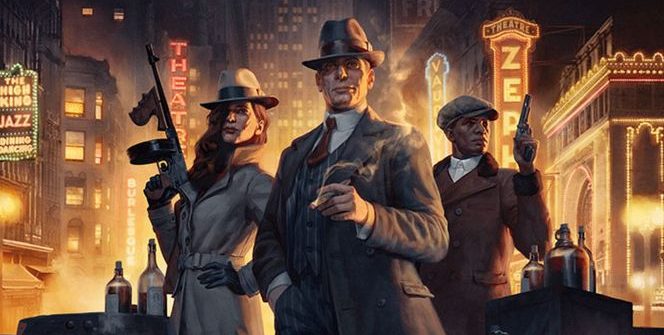
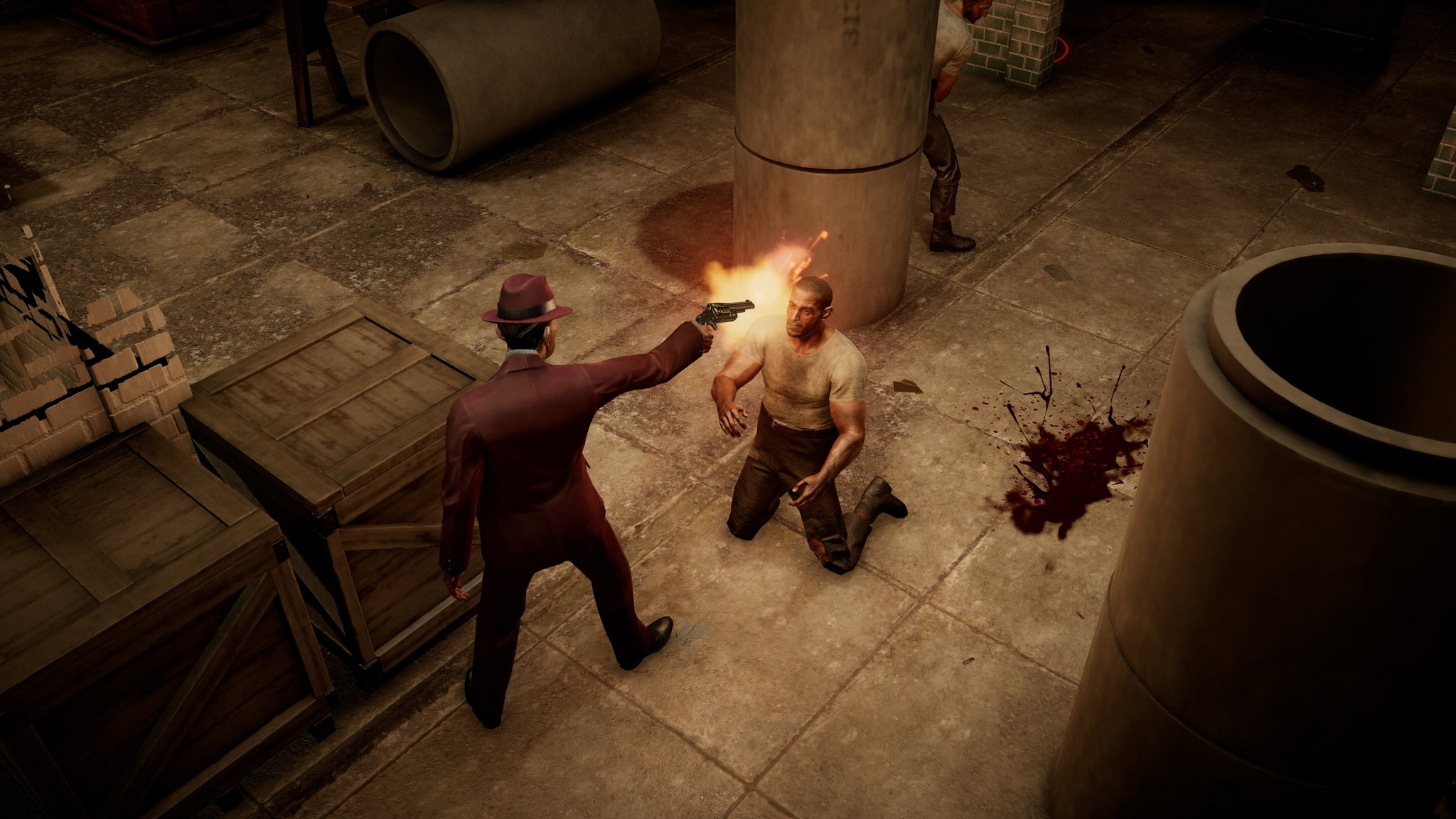
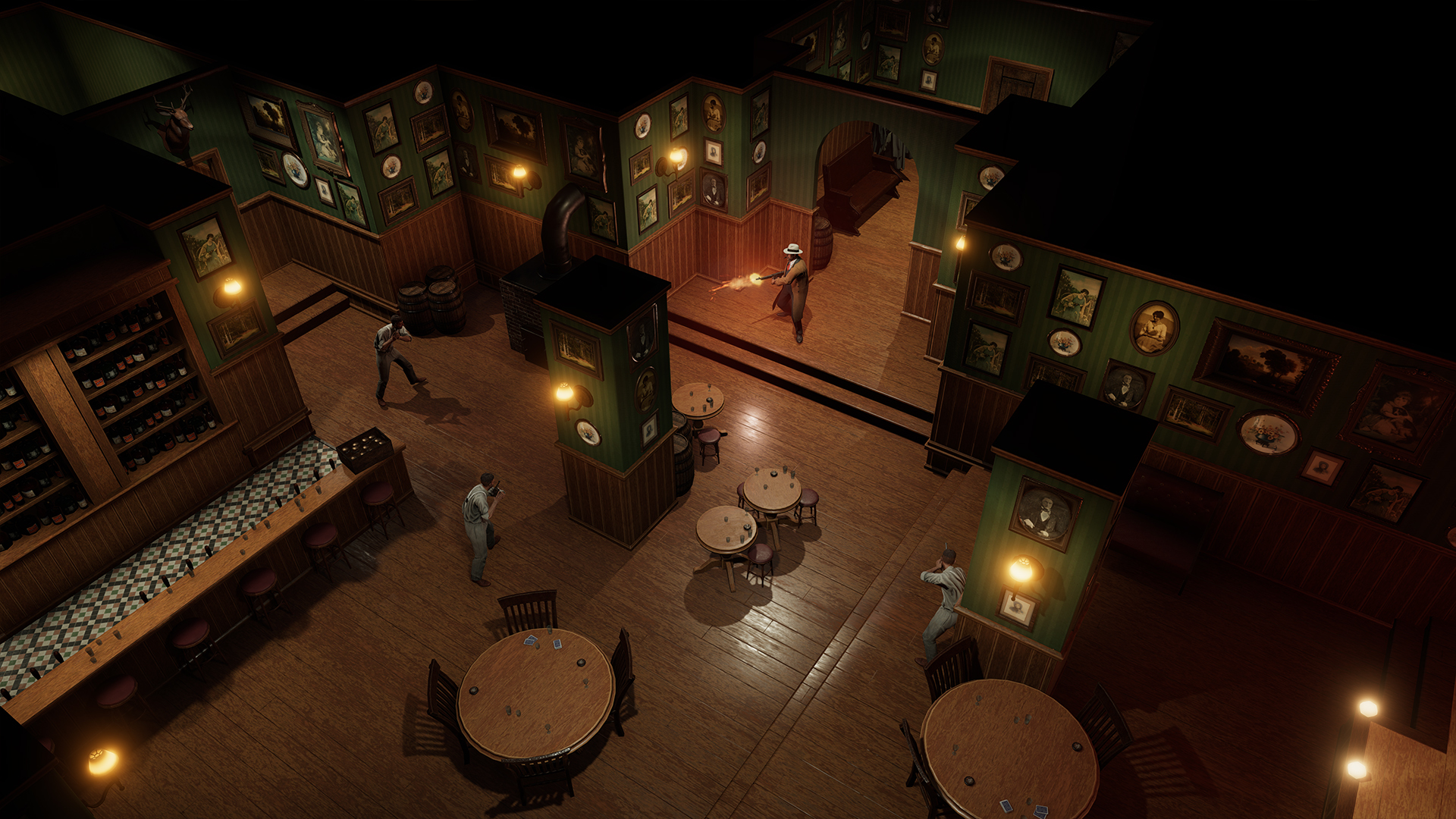
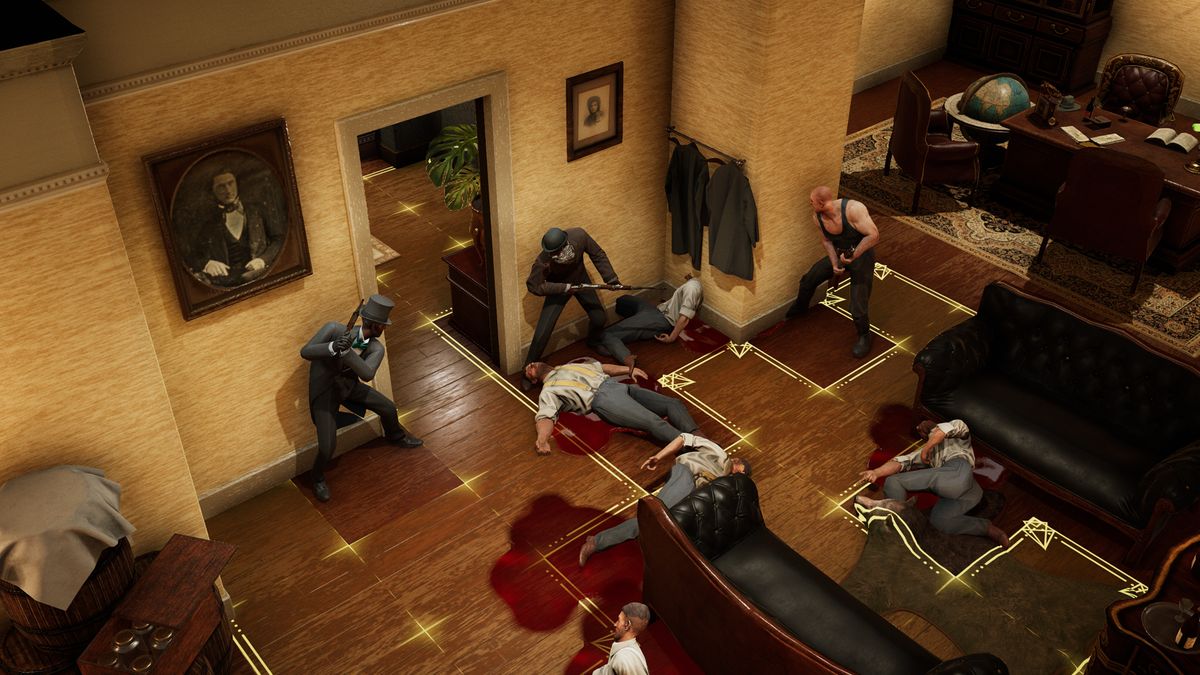

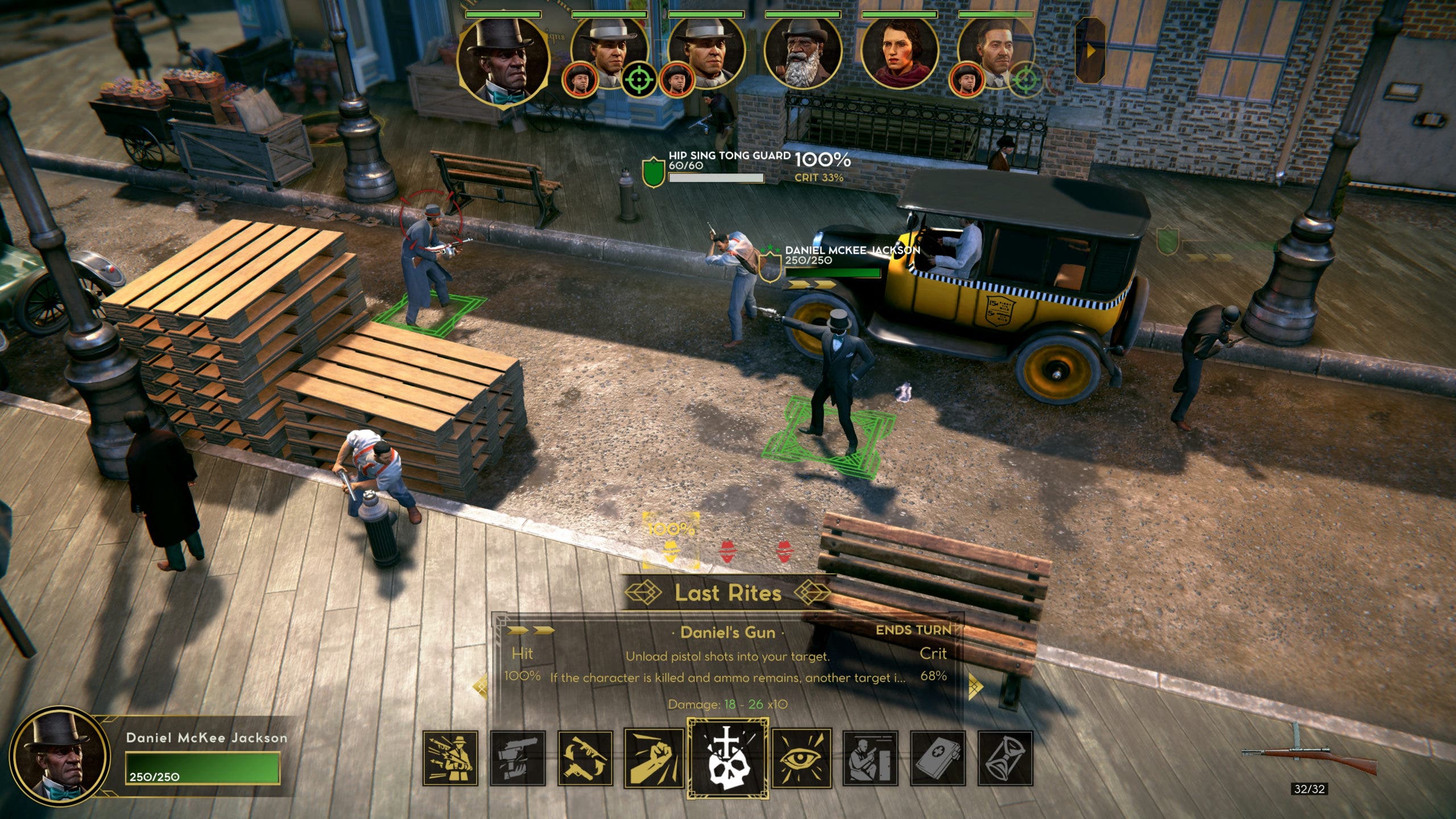



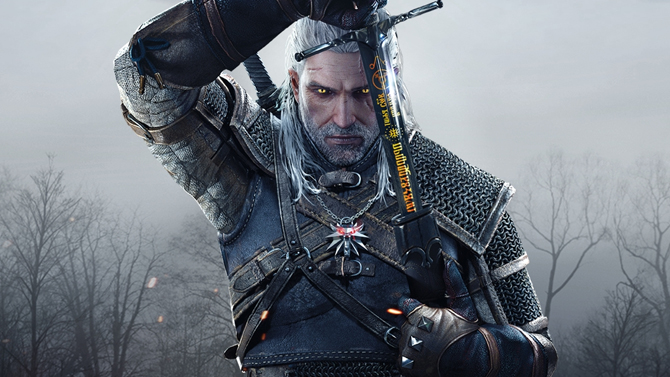










Leave a Reply